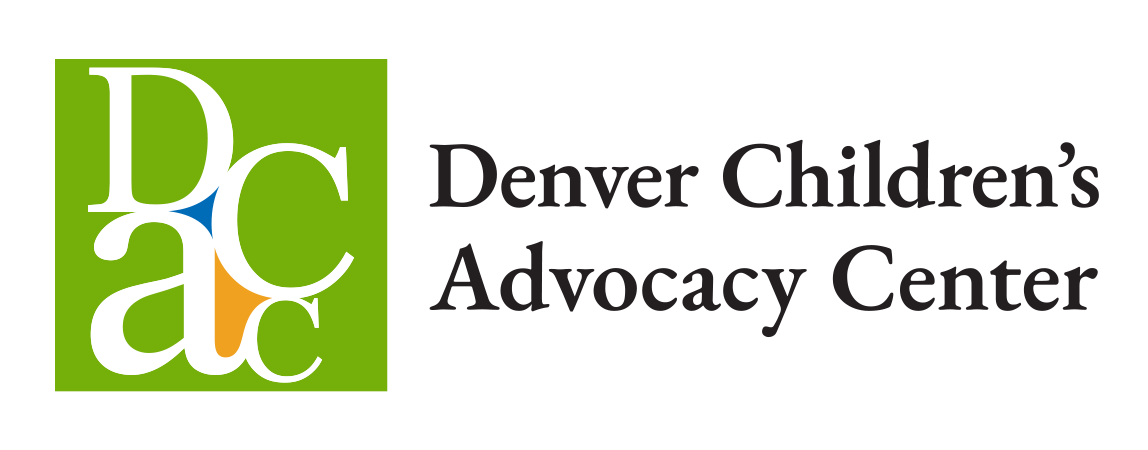The recent killings of George Floyd, Breonna Taylor and Ahmaud Abrbery have provoked a great range of feelings and emotions amongst all of us at the Denver Children?s Advocacy Center. We have felt saddened, enraged, hopeless, frustrated, and now inspired by protests throughout our nation and hopeful at the possibility of change. This moment feels different. There is a shared outrage, a willingness to engage that is palpable, and that forces us to reexamine and challenge our systems, our relationships and ourselves. We stand with the black community and protestors and are committed to being part of positive change in the Denver Metro area.
As a trauma-informed care organization, we have learned about and recognize the long-term effects that racial trauma has on our children, families and communities due to our nation?s long legacy of oppression, as well as the undeniable lack of racial equity and justice which continue to persist today. We are actively exploring as an organization how we can take further action and how we can put systems in place to share our learnings and incorporate them into work with the children and families we serve. Among other steps, we plan to incorporate more discussions about how we as providers can further recognize our own implicit biases and privileges and how we can engage with clients in difficult conversations surrounding race and power.
We understand the importance of the first years of life and will work harder at building partnerships with Denver Metro communities to ensure that young black children have the same opportunities that are enjoyed by their privileged peers. The effects of racism, even on young children, are profound. We are committed to continually improving our capacity to ensure that black children and all people of color receive appropriate, sensitive services and the best possible support to both prevent retraumatization and help families find a sense of safety and empowerment when they take steps to seek support. Because we condemn racism and oppression in all its forms, we must better incorporate knowledge of interpersonal and systemic inequality and bias into our mental health treatment, forensic interviews and in our work throughout the community.
We plainly acknowledge that we, at DCAC, have a lot of work to do in regards to racial justice and also regret that it takes such levels of tragedy and violence to refocus our efforts. We must continually recommit ourselves to challenge systemic and interpersonal racism, and consciously reexamine ourselves.
At this important moment in time, we recognize the importance of listening, breathing, taking in the moment and preparing for a dedicated process towards positive change. If you would like to be in touch regarding our efforts or our approach to supporting racial equity, please don?t hesitate to reach out by email.
In Solidarity,
Gizane Indart and the DCAC team
